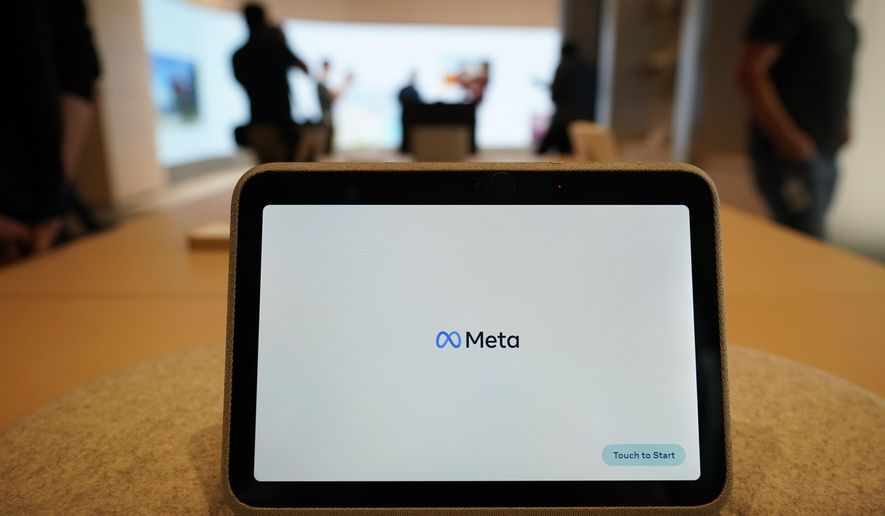A pair of wide-ranging social media studies released Wednesday finds cyber-bullying complaints highest on Meta’s Facebook, WhatsApp and Instagram platforms as teens increasingly switch to TikTok.
In a global survey of 11,687 parents and their children in 10 countries, computer security company McAfee found Facebook leading all platforms for complaints, with 65% of Americans witnessing bullying — including racism and threats of physical harm — and 67% experiencing it.
The California-based firm said cyberbullying occurs more than twice as often on Facebook as on Twitter and four times more on WhatsApp, the most popular messaging app among children, than on rival Discord.
And nearly 80% of families reported cyberbullying on Instagram, compared to 50% on TikTok and Snapchat.
“Most social media sites require children to be age 13 and older to use these sites, yet the majority of parents are the ones who sign up their children under the age of 13 for these accounts,” Ross Ellis, founder of the advocacy group STOMP Out Bullying, said in a comment on the study. “Kids under 13 are not mature enough to handle the online hatred, physical danger and predator events that occur online.”
The Pew Research Center reported in a separate survey of 1,316 U.S. teens that TikTok has become older children’s second-favorite social media platform.
Among 13- to 17-year-olds, 67% say they have used the video-sharing site and 16% claim to use it “almost constantly,” just behind the 95% who say they use YouTube.
Pew found that the share of teens using Facebook dropped to 32% this year from 71% in its 2014-2015 survey. Another 62% say they use Instagram and 59% use Snapchat.
“Despite Facebook losing its dominance in the social media world with this new cohort of teens, higher shares of those living in lower- and middle-income households gravitate toward Facebook than their peers who live in more affluent households,” Pew reported.
Mitch Prinstein, chief science officer for the American Psychological Association, said the research confirms that social media use is “de-personalizing” emerging generations as they come to see each other “as profiles with shared or conflicting viewpoints rather than fully realized humans.”
“This de-personalization is leading to more frequent and severe harassment, victimization and discrimination online which further distances us from empathy and connection,” Mr. Prinstein said in an email.
“More science is needed, but emerging results suggest that there is a need for more adult supervision, oversight and conversation around digital media interactions that are driven by a desire for profit rather than wellness goals,” he added.
Meta did not respond to repeated requests for comment on the McAfee study. TikTok also did not respond.
Wednesday’s studies follow recent research showing a spike in online harassment as more kids went online during the COVID-19 pandemic.
A June 27 study published in JAMA Network Open found that youths between 10 and 13 years old were more likely to attempt suicide after being bullied online than at school. It found that the anonymity of online interactions made bullies unaware of their impact on victims.
Pam Benigno, director of the Education Policy Center at the free-market Independence Institute in Denver, said much bullying occurs in school projects that ask children to create social media videos.
“If the school can’t provide a social media policy, then parents should request that the board of education adopt a social media policy that respects a child’s right to privacy,” Ms. Benigno said.
Clinical psychologist Thomas Plante, a professor at Santa Clara University, predicts cyberbullying will worsen as long as parents keep giving children 24/7 access to smart devices.
“Frankly, I think social media has done more harm than good and now that the cat is out of the bag it is really hard to manage and control the influence on our lives,” Mr. Plante said Wednesday. “I think parents and children ideally should be in an ongoing conversation about what to do or not do with it, regardless of the platform.”
Correction: A previous version of this article incorrectly reported who witnessed bullying in the McAfee study.
• Sean Salai can be reached at ssalai@washingtontimes.com.




Please read our comment policy before commenting.